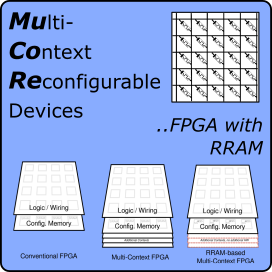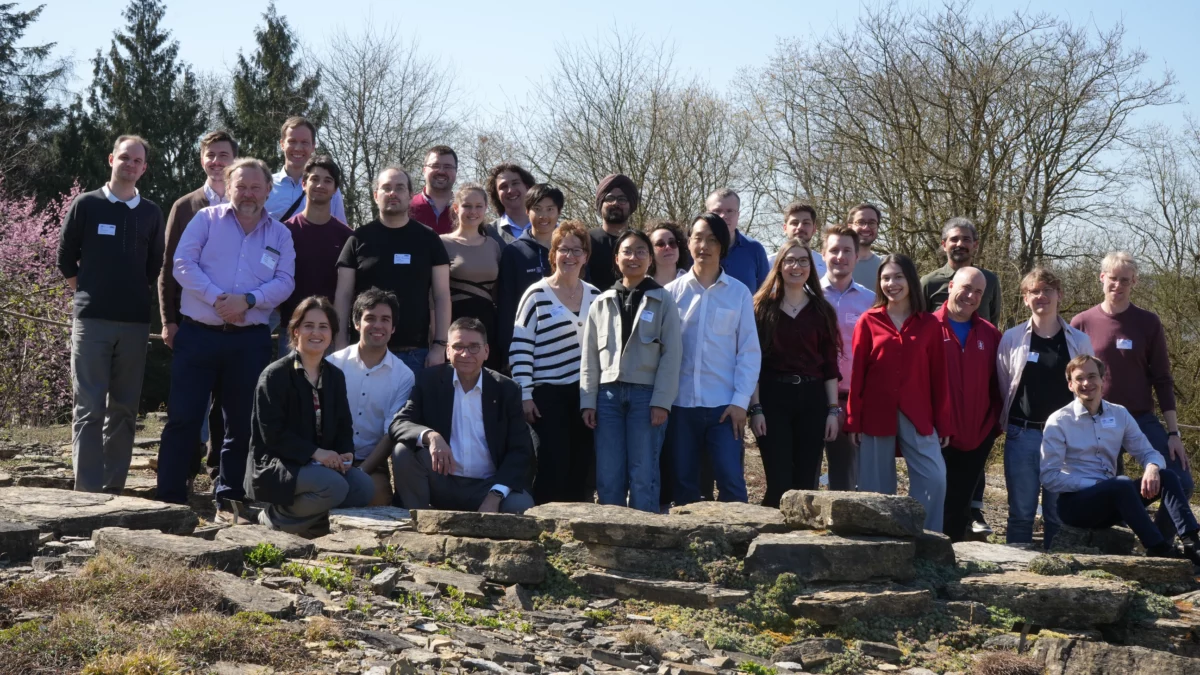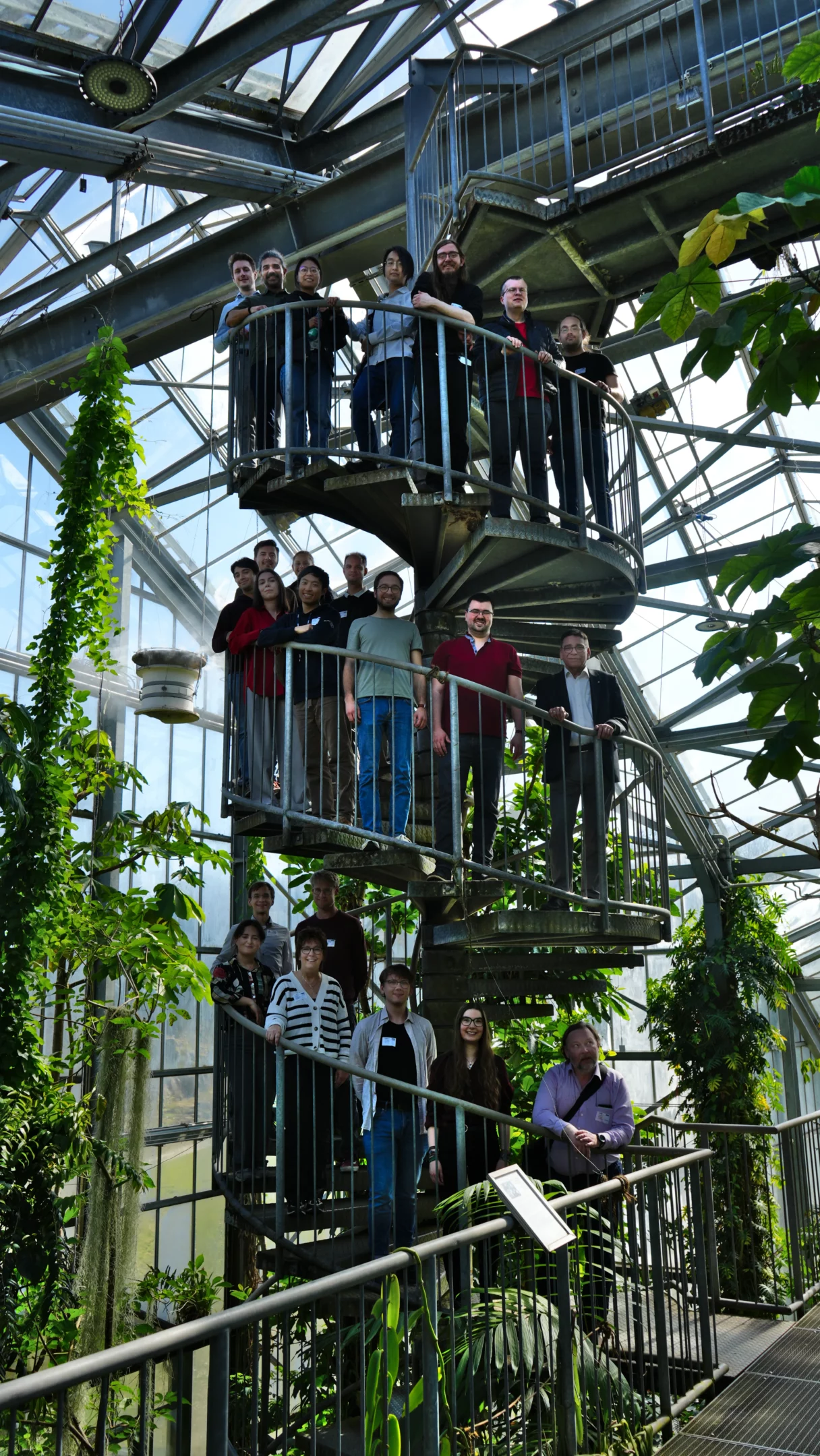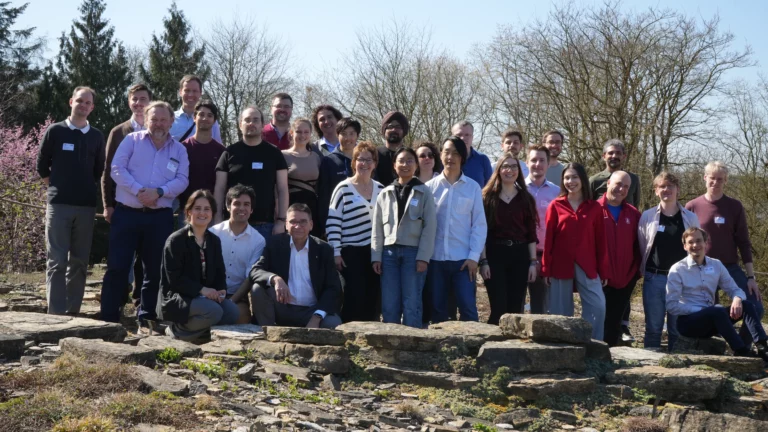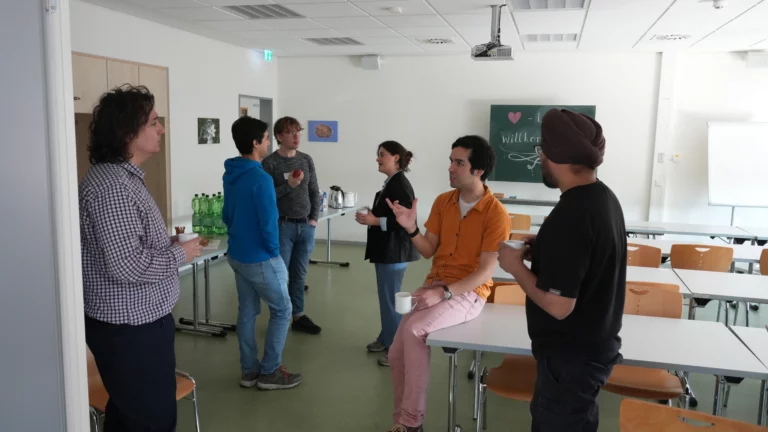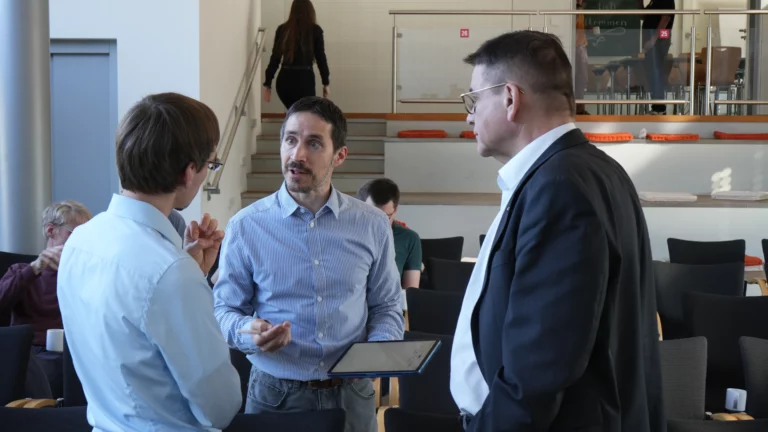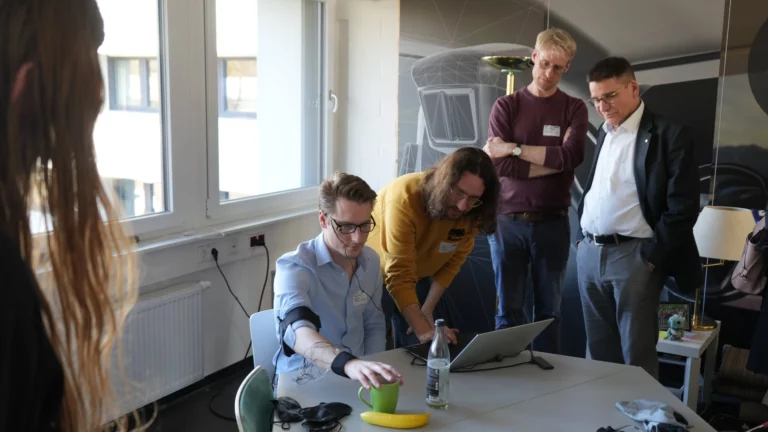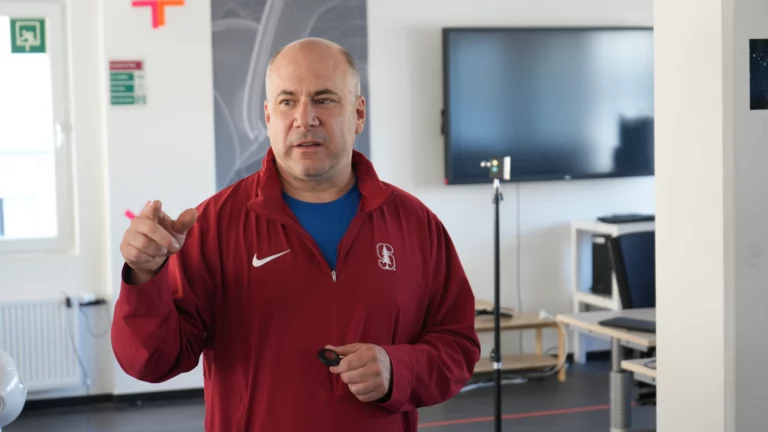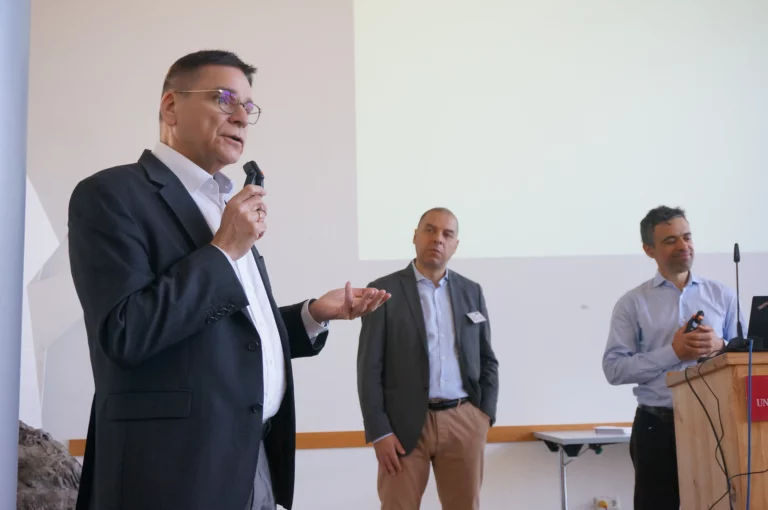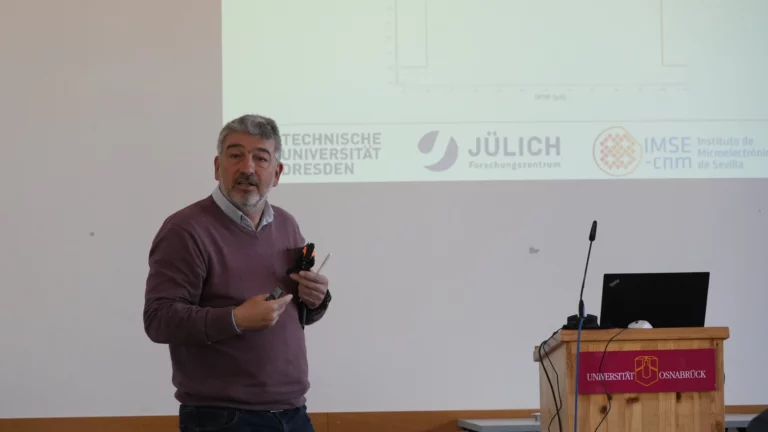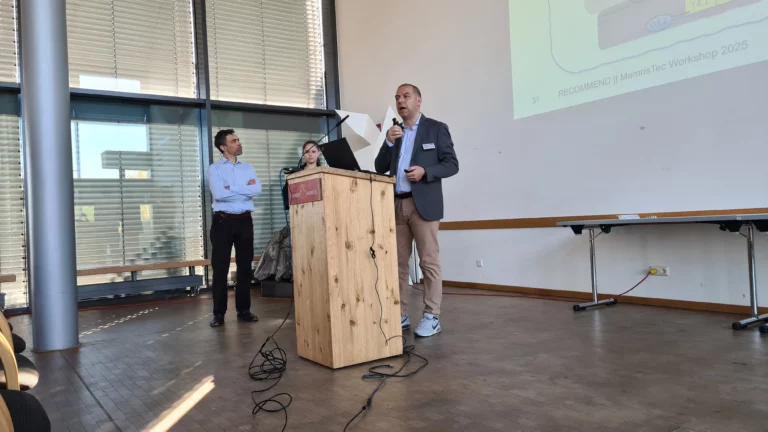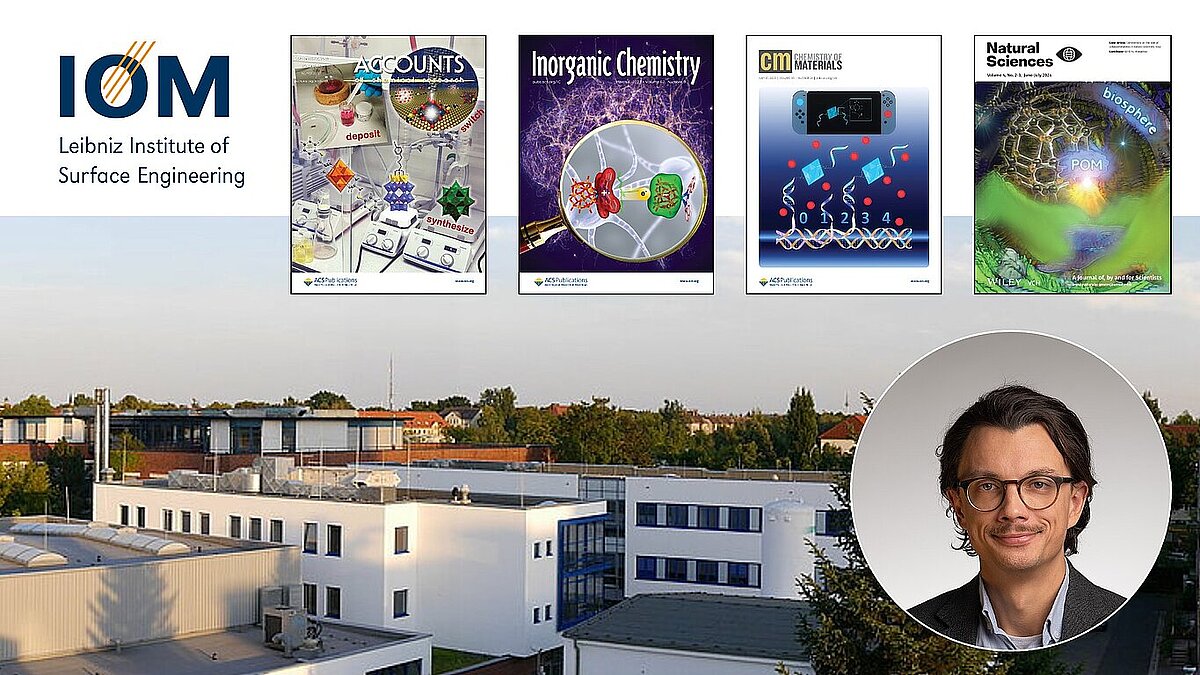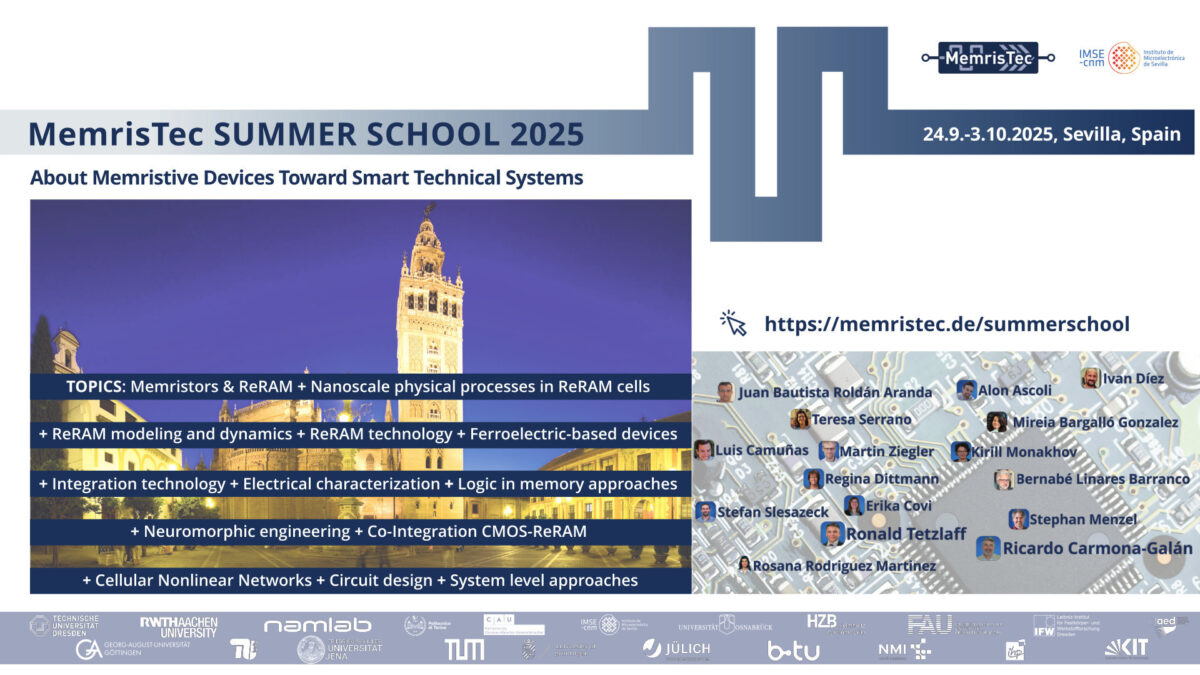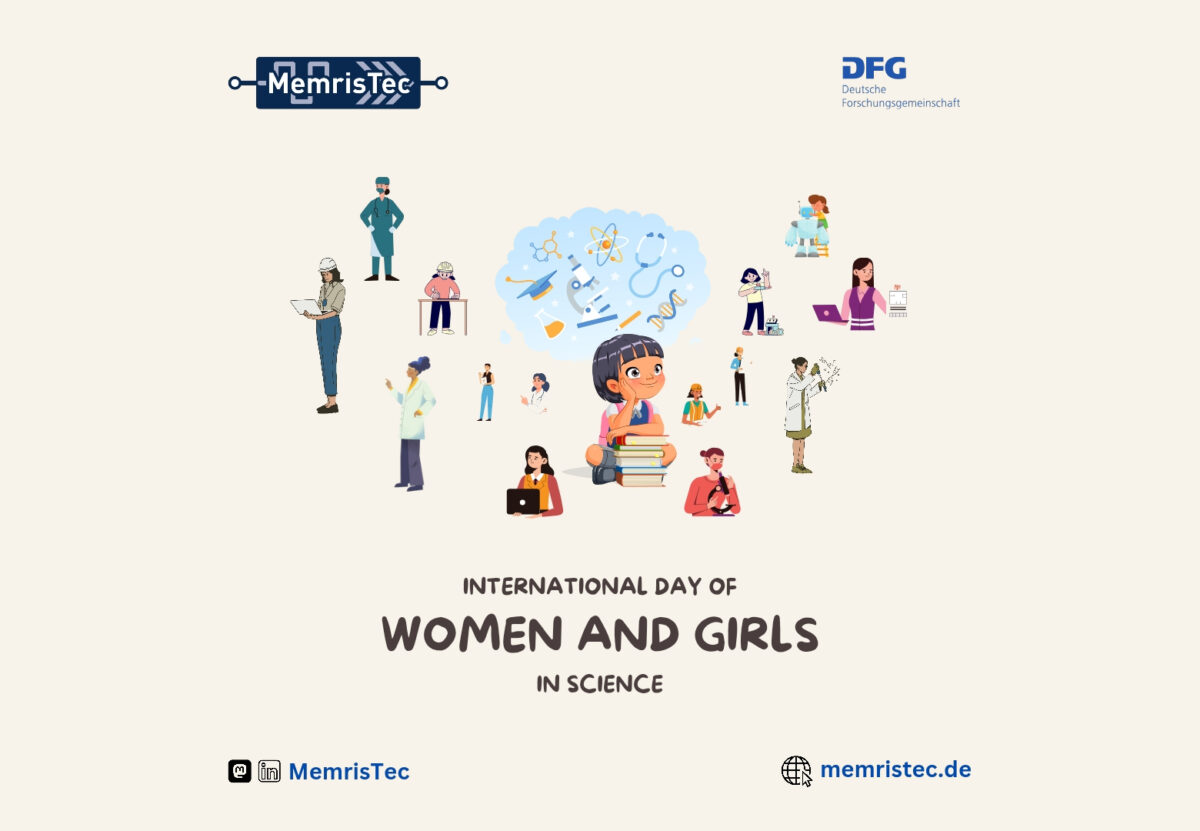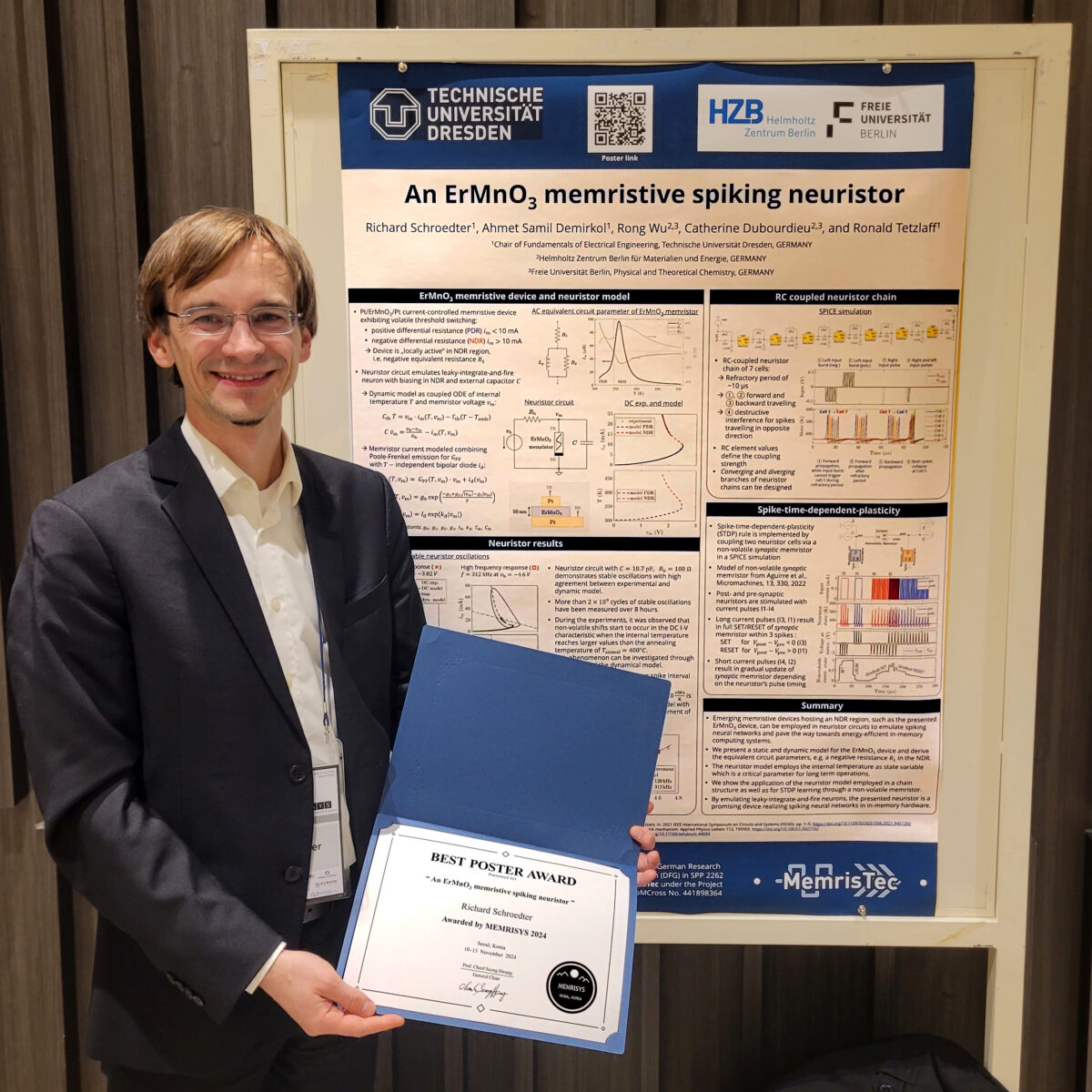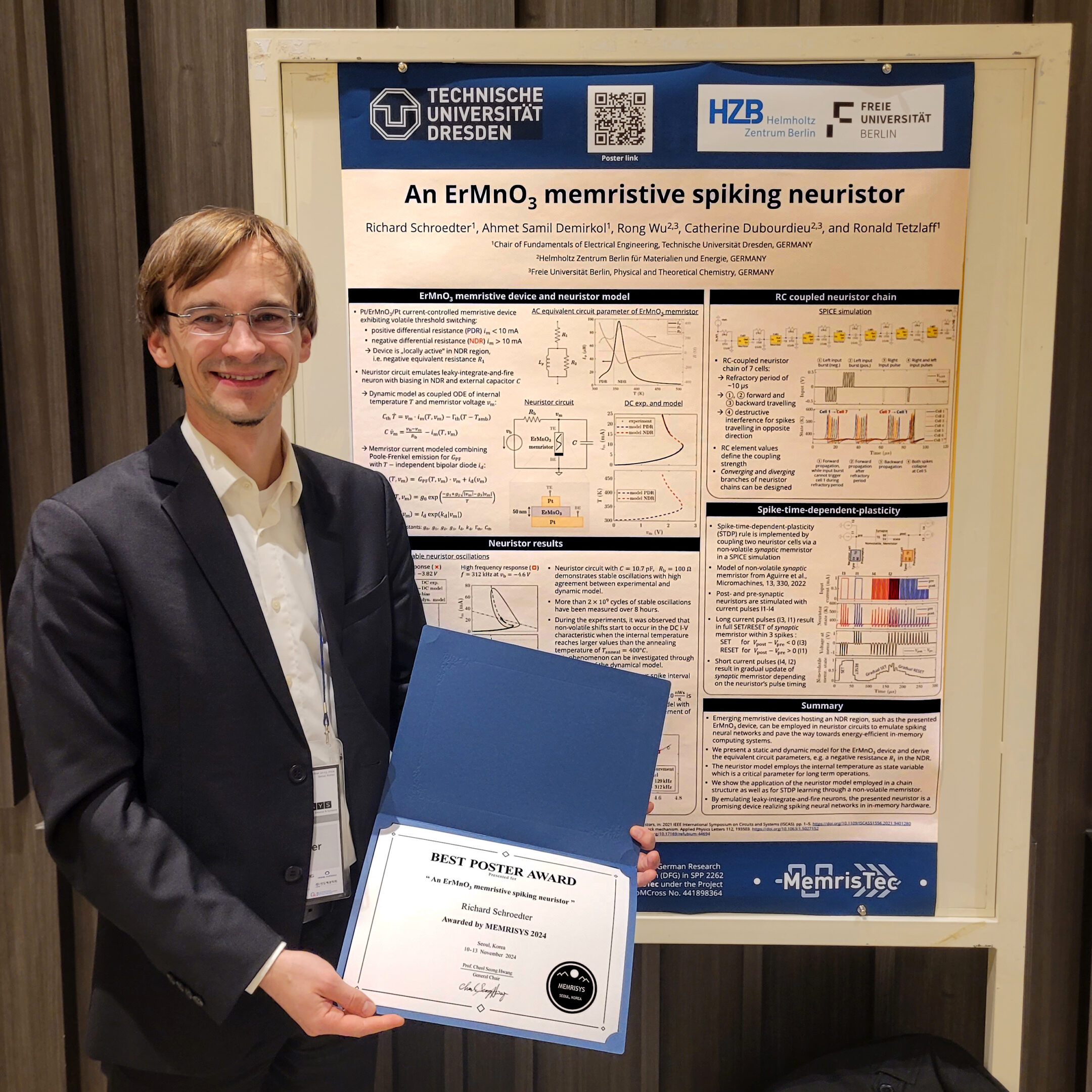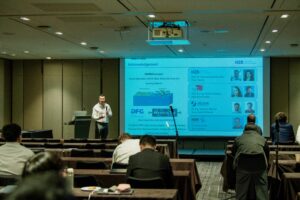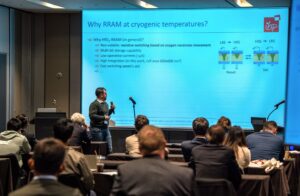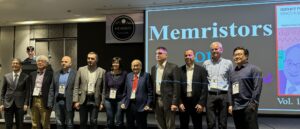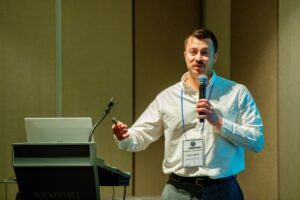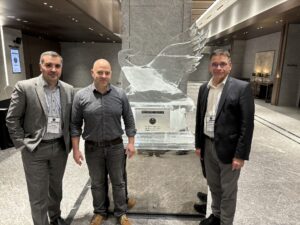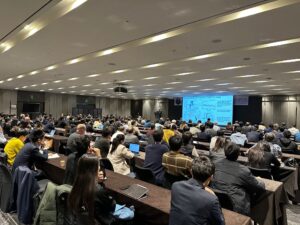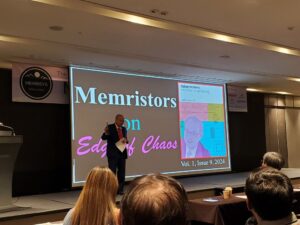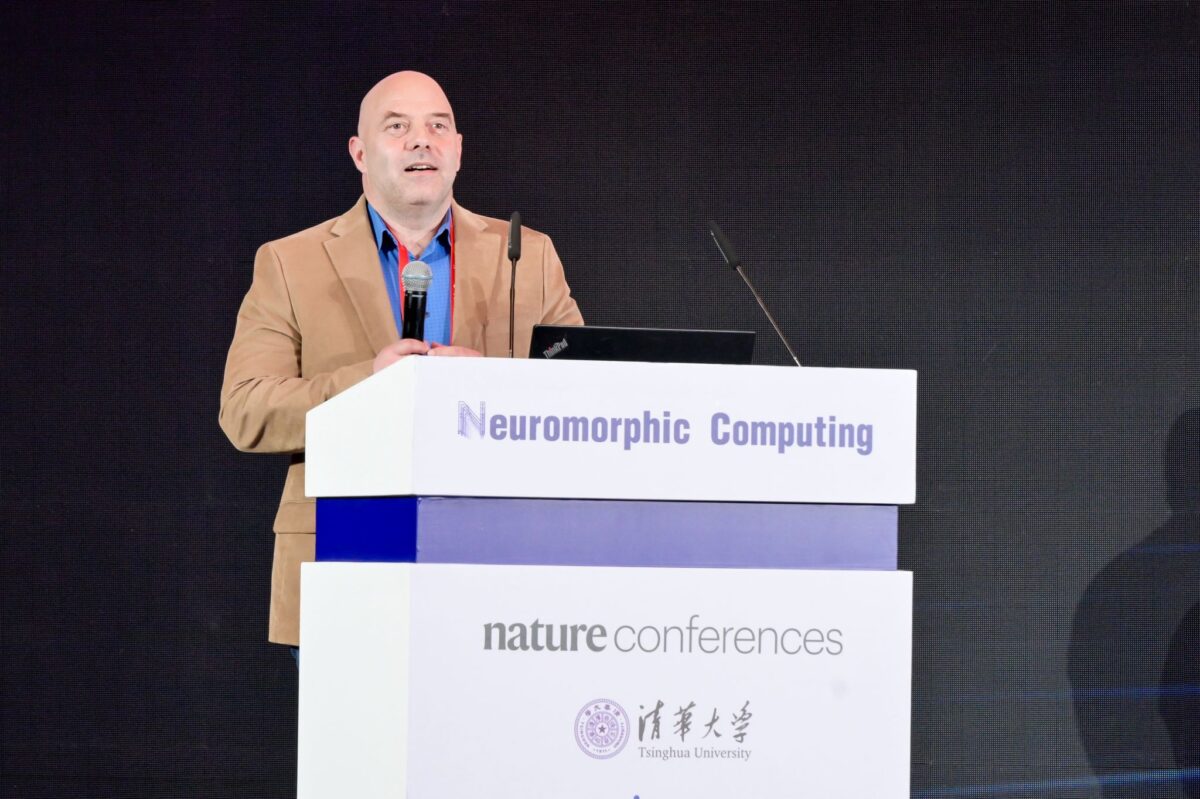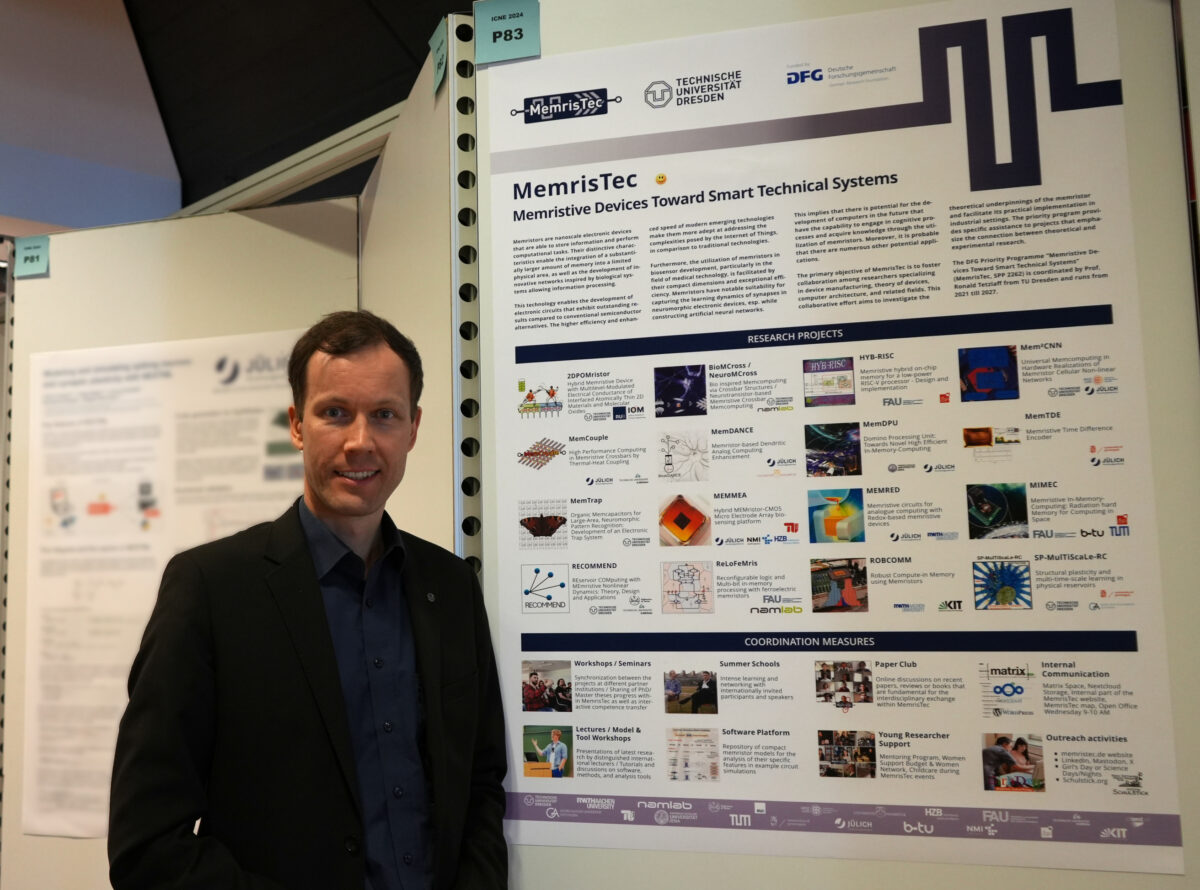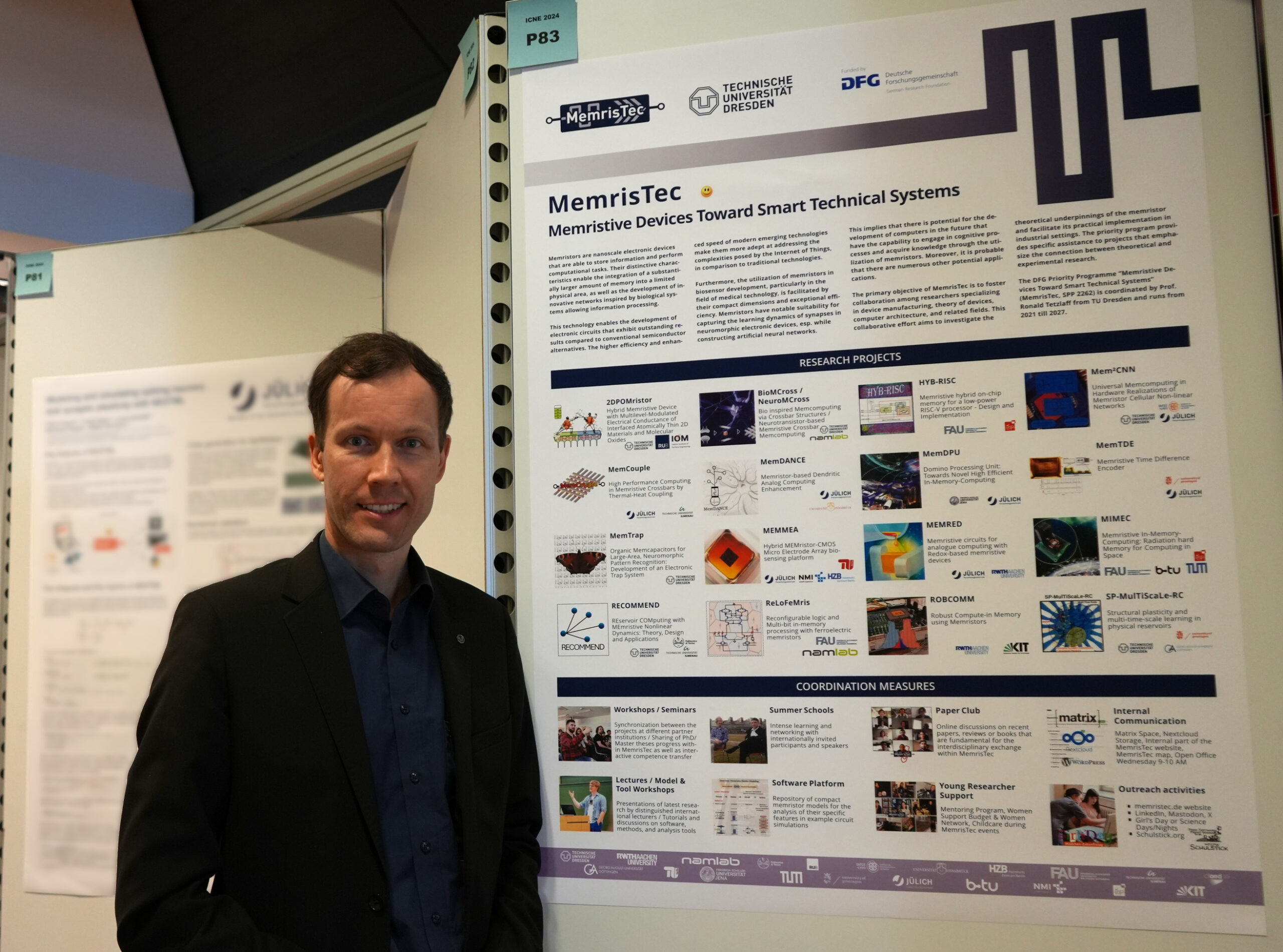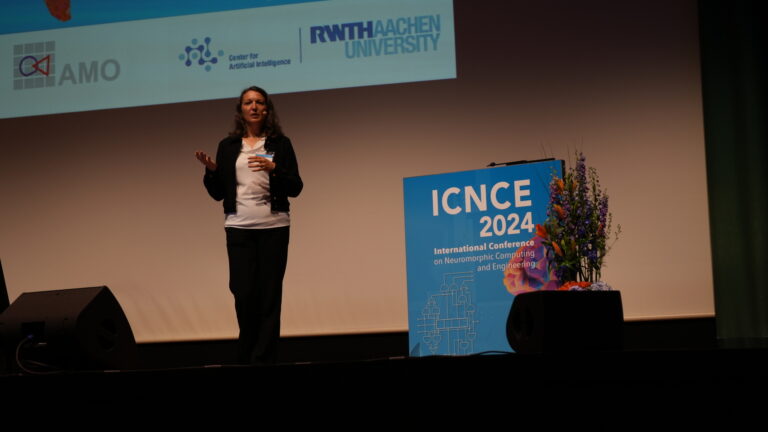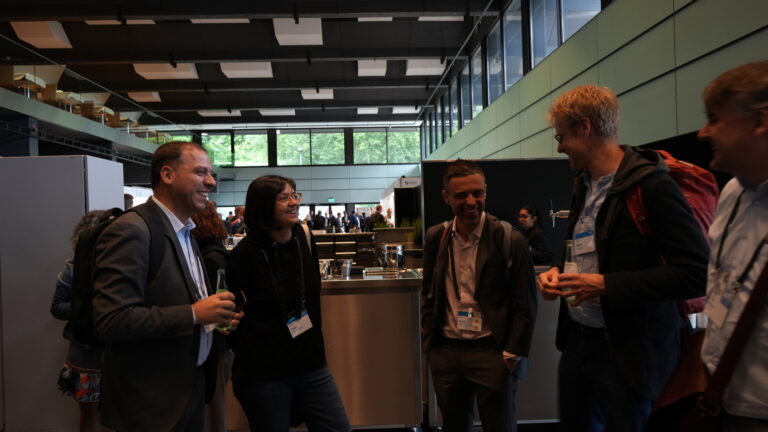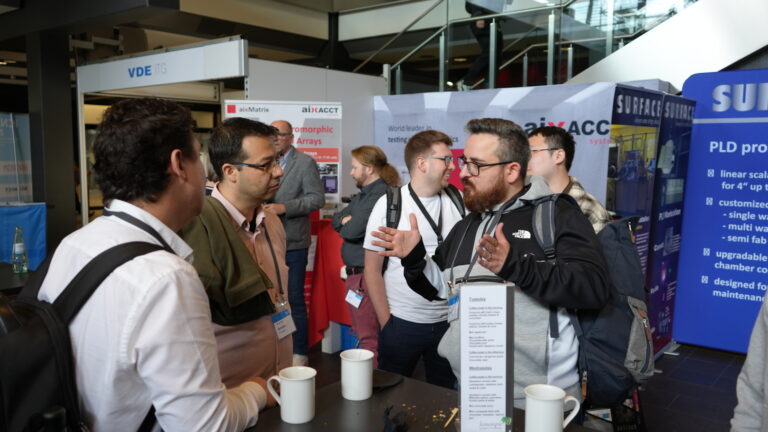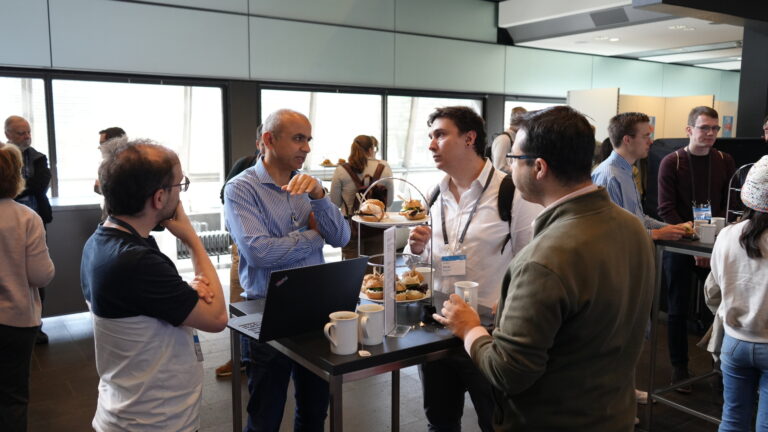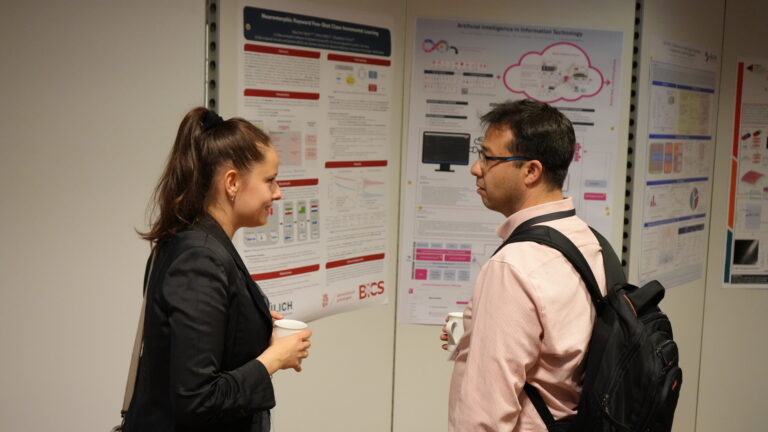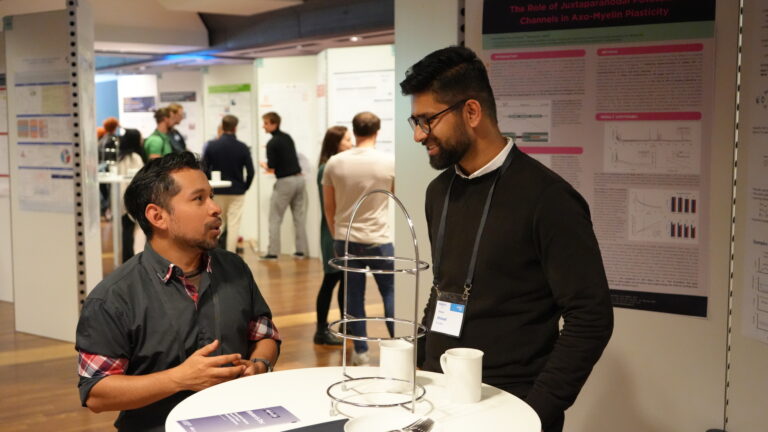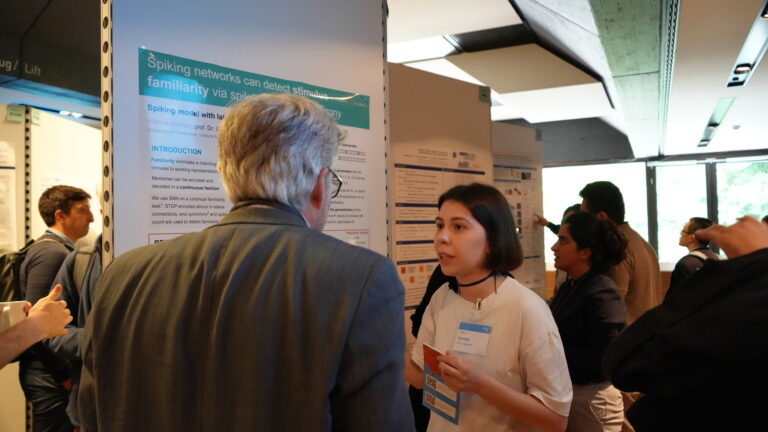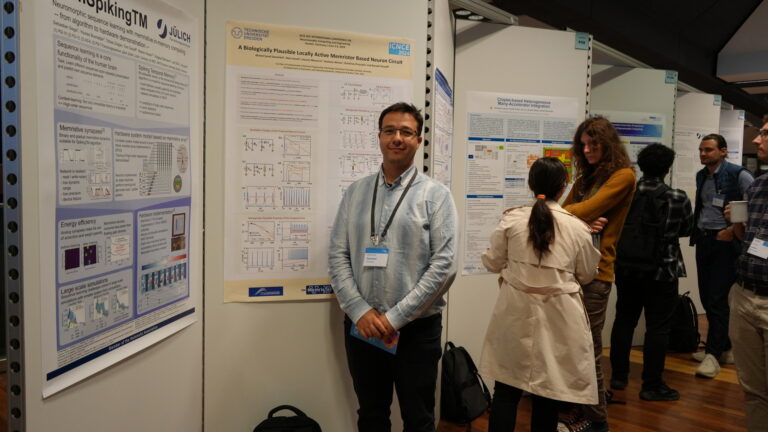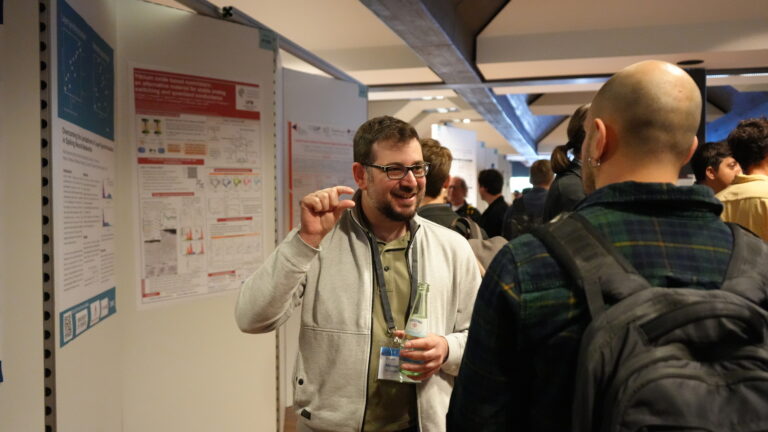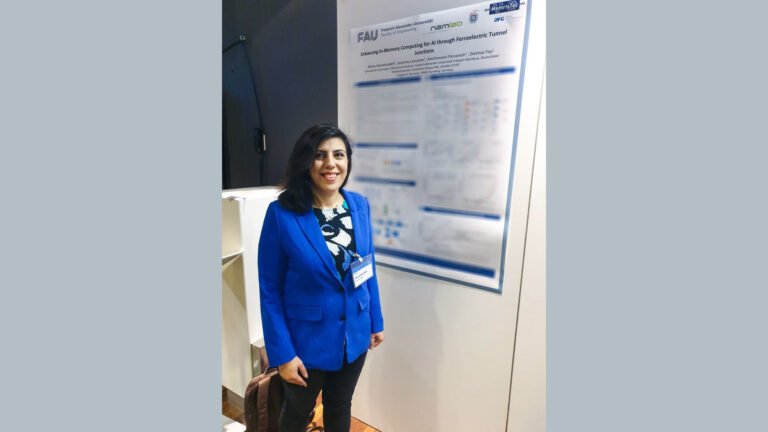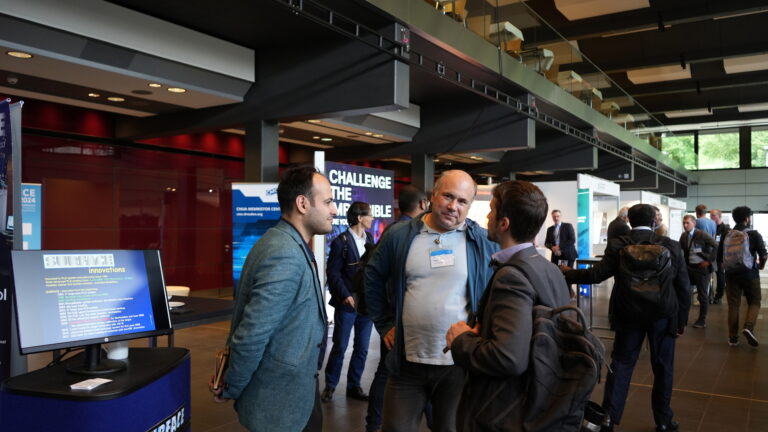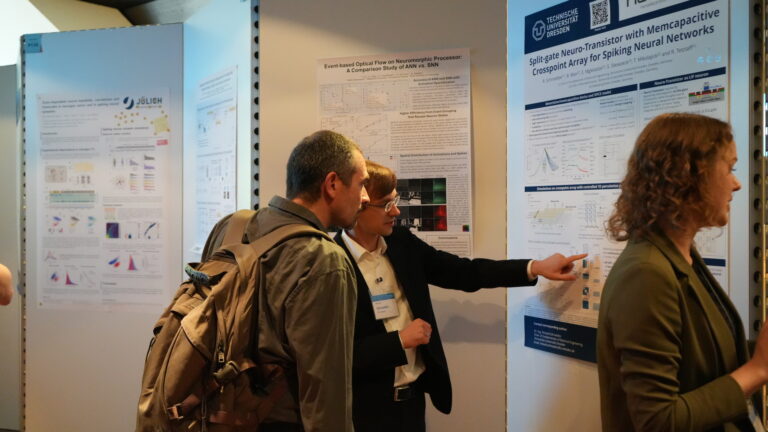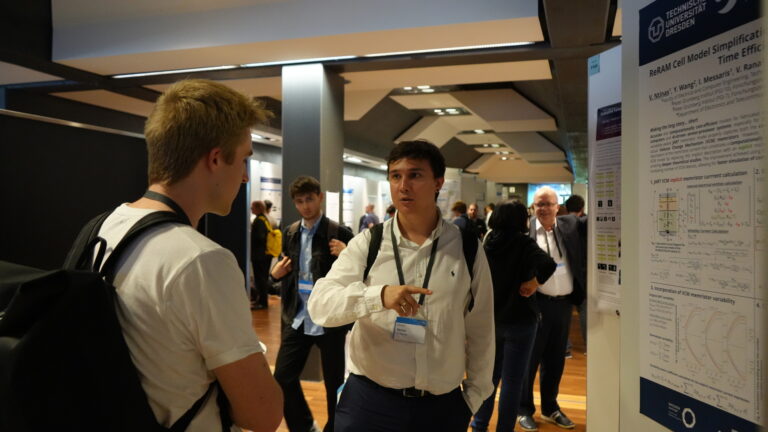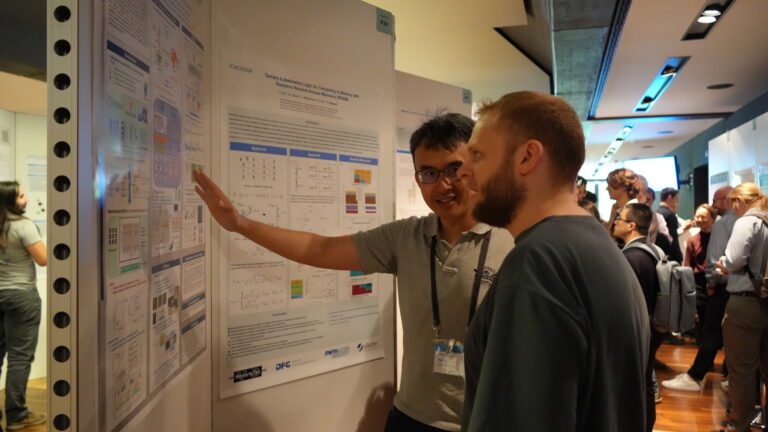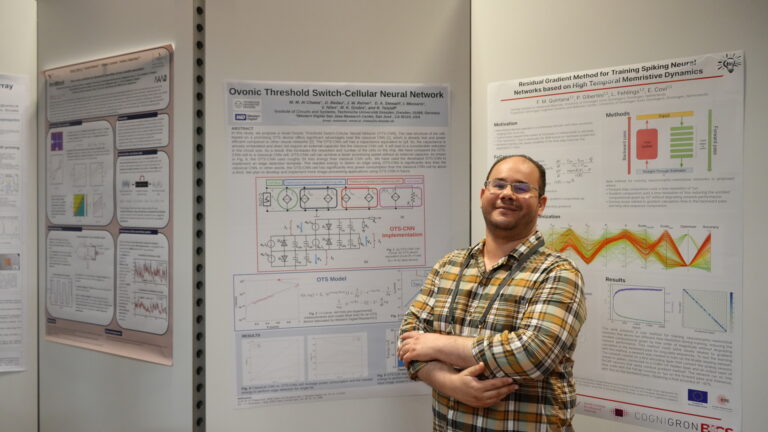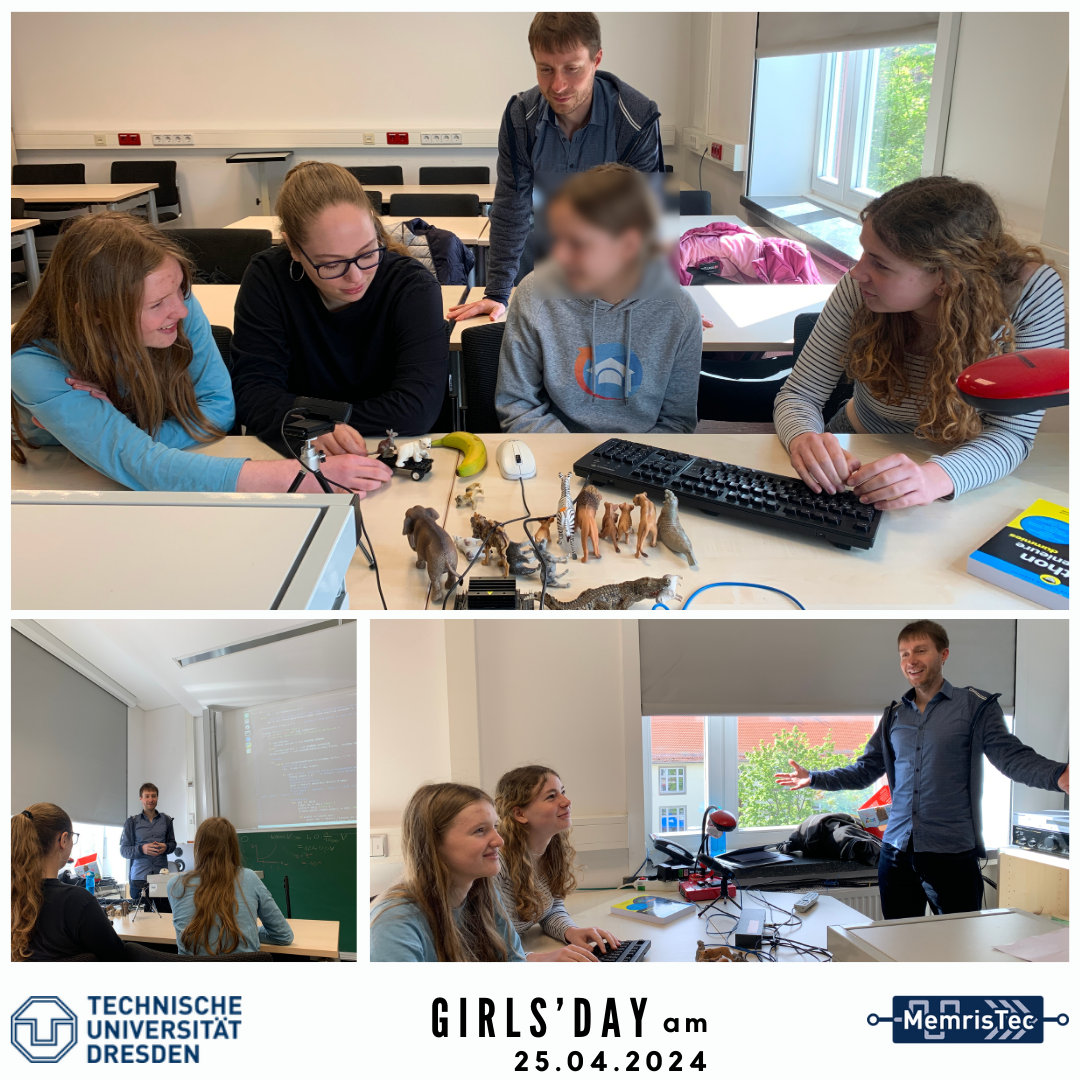How can electronic circuits become flexible enough to wrap around sensors in robotics, wearable medical devices, or smart systems? Researchers from Karlsruhe Institute of Technology (KIT) and Ruprecht-Karls-University Heidelberg, led by Prof.Jasmin Aghassi-Hagmann and Prof.Nima Taherinejad, are exploring this question as part of the DFG Priority Program MemrisTec. The PrintMEM project funded by the DFG since 2025 is advancing printed memristor technology, aiming to bring high-performance in-memory computing directly into flexible and low-power devices.
At the heart of PrintMEM are inorganic memristors made from metal oxides with particle admixtures, carefully designed to reduce variability between components. These tiny devices can switch states in just 100 nanoseconds—several orders of magnitude faster than conventional printed thin-film transistors. But speed is only part of the story. The researchers are investigating multiple circuit architectures—including IMPLY, MAGIG, FELIX OR, and SIXOR—and combining them into functional subunits like sorter circuits.
The project spans the entire development chain, from device fabrication and behavioral modeling to endurance testing and circuit design. By integrating these building blocks into printed logic components, PrintMEM seeks to demonstrate energy-efficient, reliable, and scalable electronics suitable for flexible sensors, robotics, and medical applications. Could this technology redefine how computation is integrated into next-generation devices? By pushing the limits of printable inorganic electronics, PrintMEM is opening a pathway toward highly adaptable and powerful edge-computing systems.


